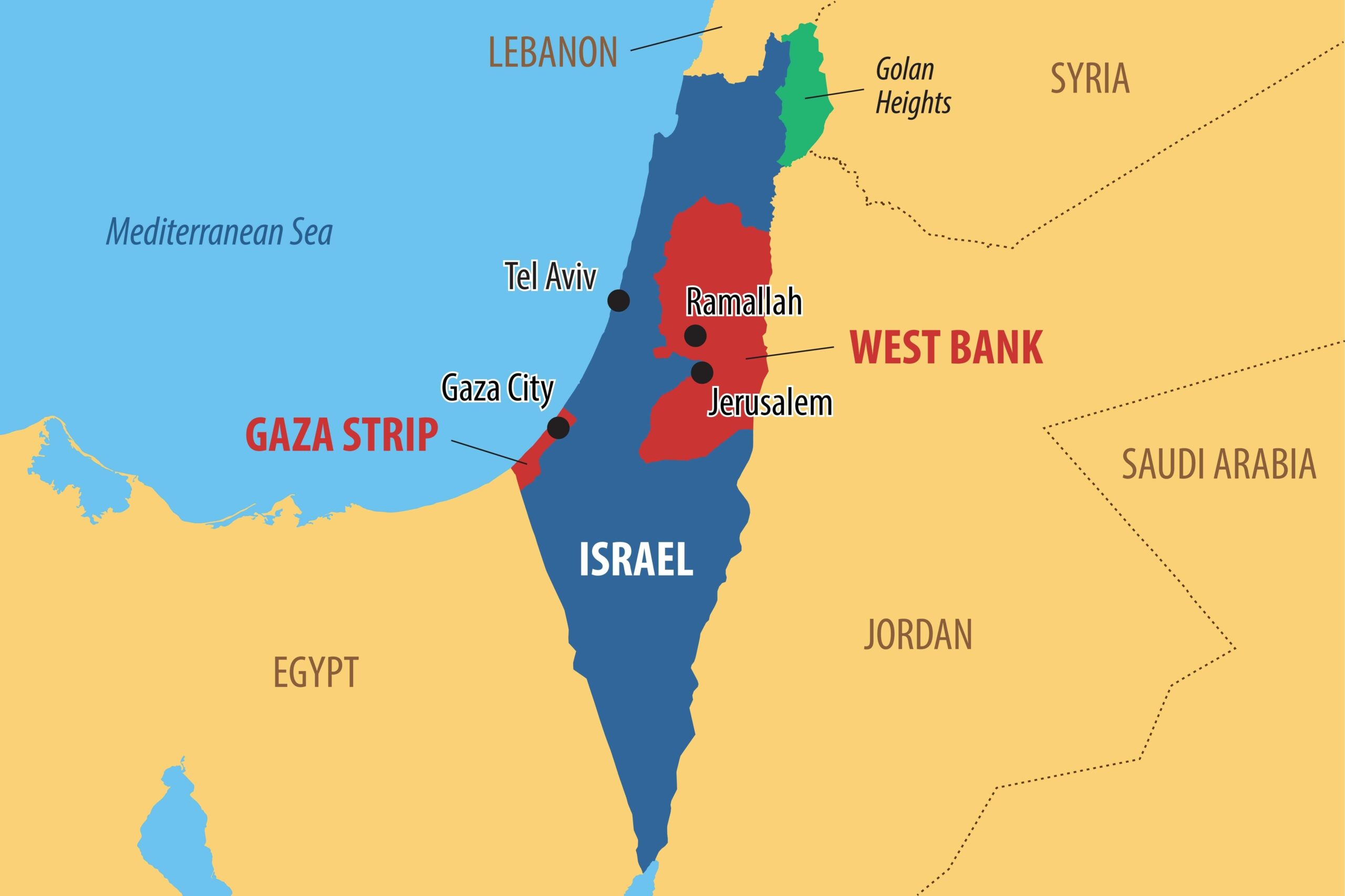Anthony Albanese will be in New York next week to participate in a high-level meeting to commemorate the 80th anniversary of the UN. One of those sessions will be dedicated to the “Question of Palestine and the Implementation of the Two-State Solution”.
This follows the UN General Assembly resolution on September 10 endorsing the “New York Declaration” on this subject that emerged from an international conference in August, co-chaired by France and Saudi Arabia.
This document has no detailed substance of how the peace process can be moved forward and the two-state solution achieved.
Ironically, it sets out important statements about disinformation, misinformation, radicalisation and hate speech.
If responding to these tasks is taken seriously, it could make the biggest single contribution to peace. For example, our government recently announced a joint initiative with Indonesia proposing to address the heinous education system that’s existed under the Palestinian Authority and Hamas and served as a precursor to the sort of savagery committed by Hamas on October 7, 2023.
There are several references to engaging and negotiating with the PA. There is not a single reference to getting the sides together around the table to negotiate key outcomes flagged in the document or registering the right of Israel to be engaged in the key processes. Most critically, the document refers to peace being based on the “1967 lines” and ensuring the Gaza Strip and the West Bank are “geographically contiguous”. In other words, Israel would be required to surrender sovereign territory beyond the 1967 lines.
There’s no mention of the systemic corruption in the PA and Hamas and the importance of tackling this problem to create a viable state and manage reconstruction. There is a reference to Israel and human rights, but no mention of the systematic violation of human rights by the PA and Hamas. There is not one mention of the major threat to regional security posed by Iran and the extensive network of terror proxies it controls, its open aggression and genocidal objectives.
Disturbingly, the declaration doubles down on empowering The UN agency for Palestinian refugees (UNRWA), despite its corruption and facilitation of terror.
The irony is that if a Palestinian state is recognised, there will be no such thing as “refugees” of any kind residing in Palestinian territory. The declaration talks of empowering the Palestinian Authority in “leading” the implementation of the recovery and reconstruction plan and ensuring that all recovery and reconstruction efforts are fully co-ordinated with and “through the Palestinian government”.
There is no reference, however, to monitoring and accountability measures for the funding that will flow to this effort to avoid the massive diversion of aid funding that has been a feature of Hamas and the PA. There is no support for the reconstruction effort in Israel for the extensive damage consequent on the Hamas offensive in 2023, or the Iranian proxy and direct assaults on Israel for nearly two years during the illegal war of aggression that has been waged against it. The declaration talks of ending the role of Hamas in Gaza and the handing over of its weapons. It does not provide any details as to how this is to be achieved.
There are elements of the declaration that our government should help in developing.
These include the establishment of a Transitional Administrative Committee, which we should insist is not “under the umbrella” of the PA as the declaration requires.
We should stress it operates under an independent mandate for a time with a consultative mechanism to the PA and Israel. It calls for a UN stabilisation mission security force for Gaza which we should support and offer practical assistance to, if not with, boots on the ground. We could offer to assist with the flagged building of governance capacity and the security sector.
We should demand the disestablishment of UNRWA and the creation of a temporary, non-UN, international mechanism to support displaced persons, Palestinian and Israeli, manage the reconstruction effort and provide technical assistance to prevent corruption, possibly drawing on the expertise of Austrac. When at some later stage the conditions are ripe for an election, the Australian Electoral Commission, which has an excellent reputation worldwide, could assist.
Instead of the declaration’s call for states to join the South African ICJ genocide case, we should call for abandonment of the case as a show of goodwill to incentivise Israel’s constructive involvement in the peace process.
We should spell out that the so-called “right of return” of displaced Palestinians from Israeli territory, which was in effect a population exchange for the around one million Jews expelled from Arab lands, has been abandoned once and for all.
Finally, we should emphasise the need to get the PA and Israel back to the negotiating table to resolve final status issues and offer to facilitate this. We should insist that acceptance of the “Quartet Principles” of recognition, renunciation of violence and acceptance of all agreements entered into to date be enshrined in the Palestinian political framework.
Mike Kelly is co-convener of Labor Friends of Israel. Anthony Bergin is a senior fellow at Strategic Analysis Australia and an expert associate at the National Security College.
This article was first published in The Australian.

